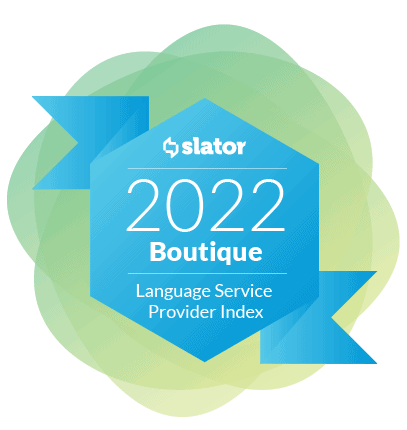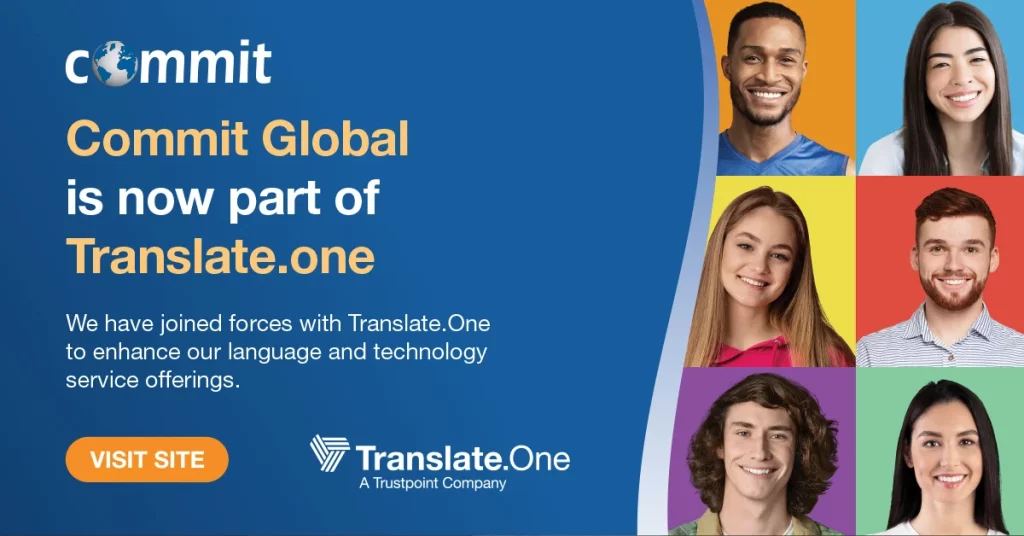Where jargon goes beyond language
ISO-certified processes for quality & information security
ensure the accurate rendering and the confidenciality of your data throughout the supply chain
Accurate legal & financial translations
No other industry gives so much attention to detail than the legal industry. When it comes to translating contracts, patents and legal documents, precision and accuracy are of the utmost importance. Over the years, many organizations, companies and law firms have depended on Commit Global to deliver top quality legal translations and rest assured that their content was completely understood and correctly translated. With the strict deadlines the legal industry involves, a litigation process for example can be a challenging undertaking for our clients.
Nevertheless, we are able to respond immediately to urgent and sensitive requests and can provide rush services at competitive rates for legal documents that need to be translated on short notice. At Commit Global we only use experienced, certified and professional translators to fully meet our client’s most complex legal translation needs.
Our linguists undergo a strict pre-selection process, are native to the target language, have substantial experience translating legal documents and have a background in law, political and social studies.
We can help you with:
- Antitrust Litigations, Claims
- Intellectual property, Patents, Trademarks, NDAs
- Corporate, Banking & Commercial litigation, Mergers & Acquisitions
- Government Contracts
- Labor & Employment agreements
- Personal Injury, Medical Malpractice claims









